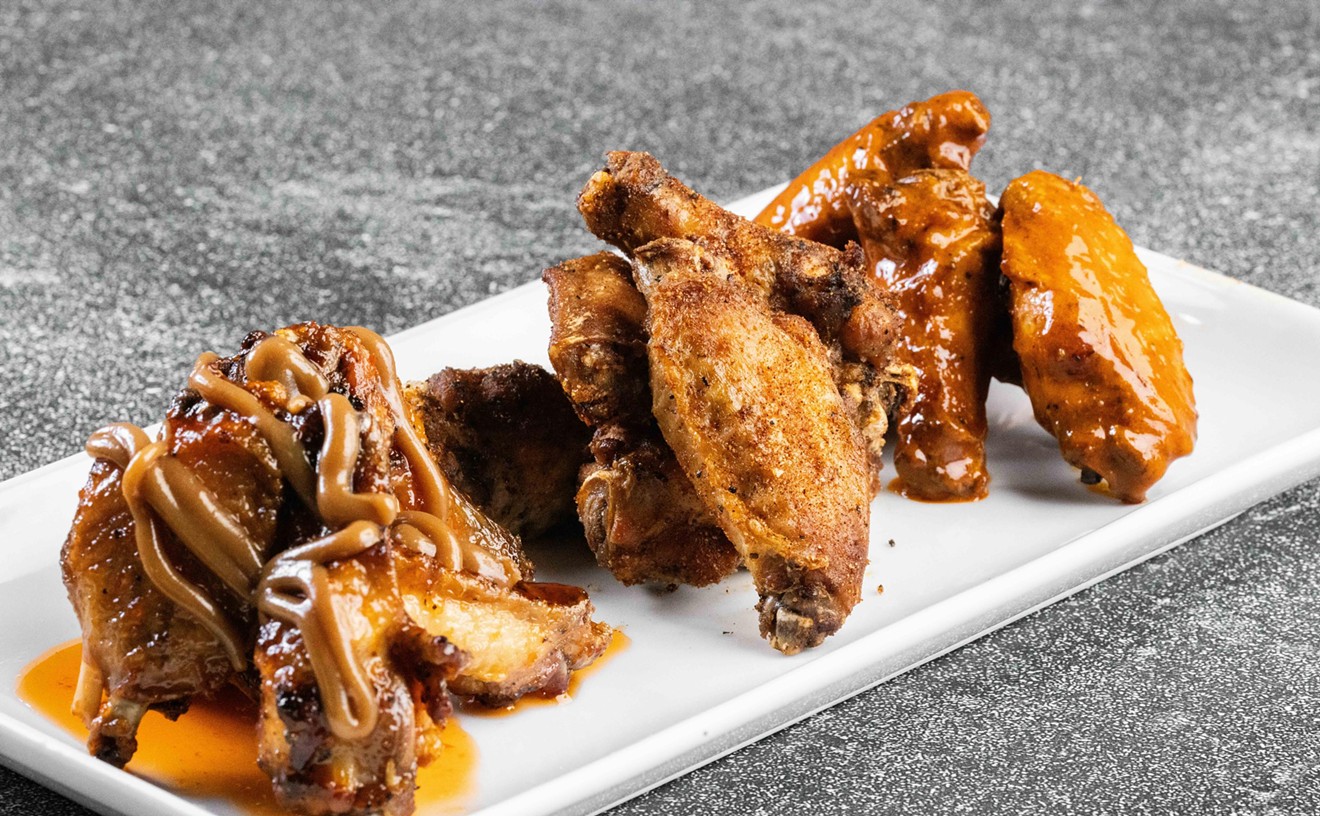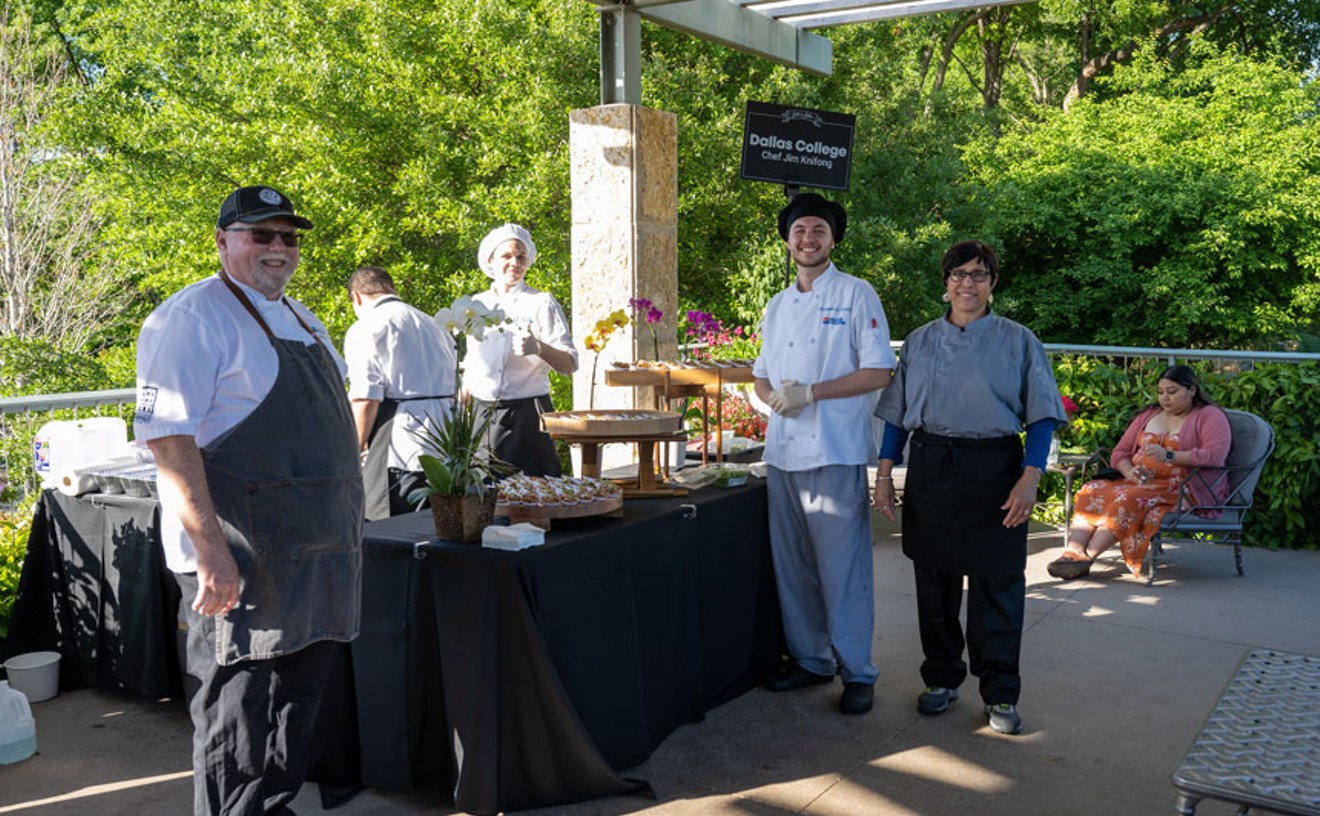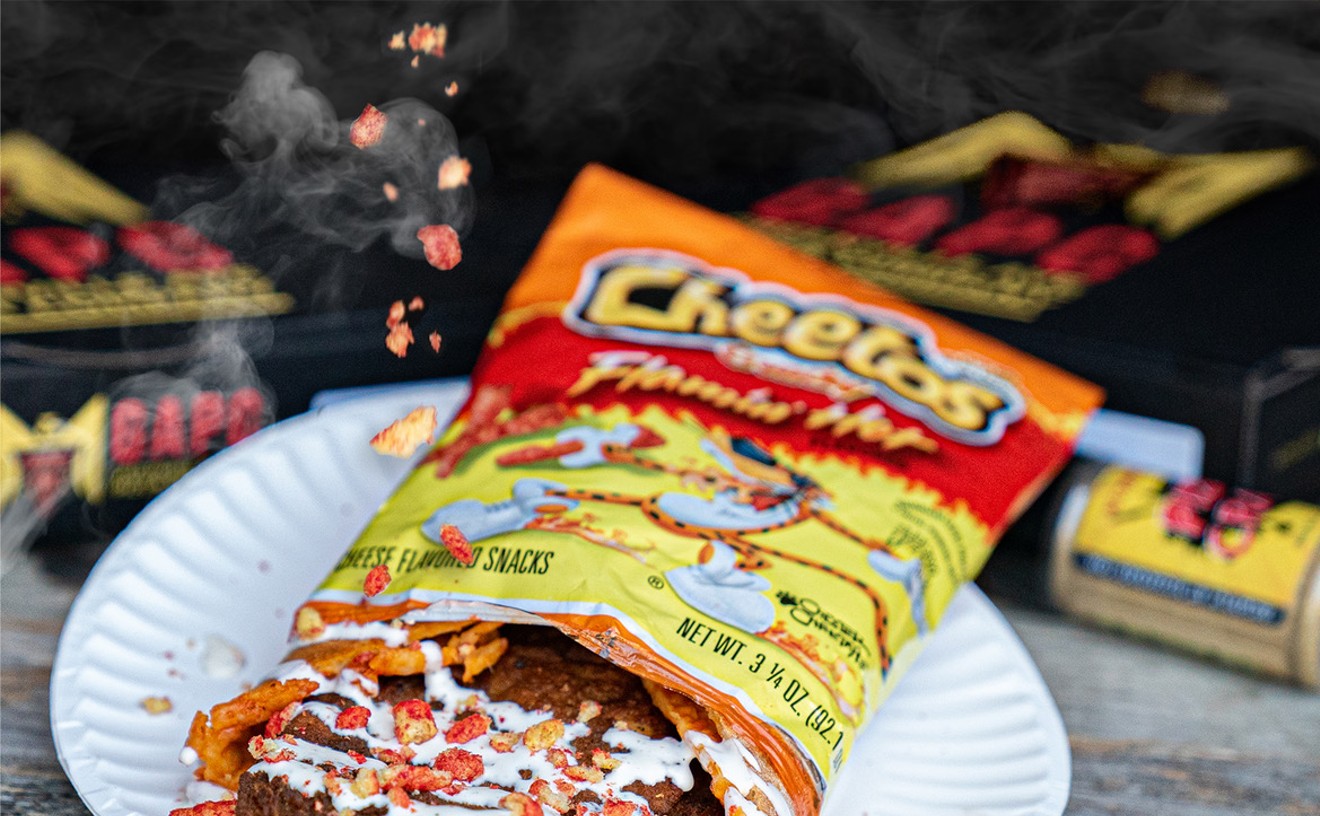Let's just say it's very Norman Rockwell.
The past has all of us on a leash. And once in a while it gives a little tug. Thus we revisited the old hometown last weekend for a reunion of the high school gang. Now, don't worry--we're not the sort to wallow in misty-eyed nostalgia. We could squander valuable time explaining the purely innocent series of events leading to our lengthy stay in detention senior year, but it's probably on our permanent record somewhere. Besides, the memories we lug around remind us that hard sacrifice and steel-eyed dedication and sober reflection...well, they just never taught those things back then. Not in the waning days of the disco era, anyway.
Or perhaps we just missed the lessons.
Yet we picked up a valuable one this time around. It began when we pulled into town and hastened to a bar. Three drinks--beer, chardonnay and a martini--cost a mere $8, total. Just about every establishment charged $3 for a whopping dose of vodka. At the local Osco, a bottle of Sauza Hornitos tequila set us back $20. In Dallas, which sits on major transportation routes much closer to the source of Mexico's national spirit, they tack on an extra 10 or 12 bucks.
Why the discrepancy? Product costs may vary a bit from place to place, but bar owners shell out about 35 cents per glass for a keg of domestic beer whether they run a joint in Dallas or small-town Illinois.
"I guess it depends on how greedy you are," says Bruce Brown, a former classmate of the crew. He now owns Parkside Sports Bar and Chandler's Neighborhood Bar and Grill.
We suspect other factors--rent, liquor license fees, that sort of thing--play a larger role than greed. It's more expensive to run a business in Dallas. On the other hand, this particular hamlet in Illinois suffers some outrageous property taxes. And heating bills, don't get us started. The succession of long, dreary winters is one of the reasons the Burning Question crew split for warmer climes. The other...um, we're not really allowed to discuss it, although rest assured, it involved cheap liquor.
No, there's something more than cost of living, something more than avarice. Profit margin operates the same in the old hometown as it does in Dallas. Each time you trade some hard-earned credit for a mojito or martini, you help defray the bar's rent, electricity, plumbing, labor costs and so on. "It really doesn't matter where you are," Brown explains. "You take the price of a bottle and figure in your costs and mark it up." He expects a profit margin of 23 percent, even charging $3 for a belt of liquor. Yes, he finds efficiencies to help achieve a profit--Absolut in place of Grey Goose, college labor, squeezing a few extra pours from well bottles--but consider this: He pays out 72 cents for a bottle of beer and charges $2.75. That same beer, in Dallas, often runs $4.50 or more. And that's in higher-volume establishments.
Here's the difference: Clubs in Dallas use pricing to define their crowds. Matthew, poet laureate of Dallas nightlife and front man for several establishments, refers to this as social stratification applied to nightlife. Local culture contains people who prefer low-rent joints and those who love the glittering upscale scene. The latter will happily pay more for the same drink simply because of lifestyle preference. We met an old guy in the boot heel of Missouri who sold watermelons at a roadside stand. He carefully placed the produce in three piles with three different prices; same melons, just different prices. Locals opted for the cheap ones, while suburbanites down from St. Louis picked from the more expensive pile. You're expected to pay more when clinging to the see-and-be-seen crowd.
Brown acknowledges that price in Dallas seems fair. Indeed, he would love to stick a $4.50 price tag on that 72-cent beer. But, he says, "when you have a $6-an-hour town, you drive away business when you price things too high."
And that's the difference. Upscale establishments in Dallas can afford to turn people away.
Now, all of that--the discussion of cheap drinks in an Illinois college town--should explain why we don't remember much about the high school reunion. Oh, there was the big parade, with the class of 1980 stuck on a float behind the marching bagpipe band, the old slide show from graduation with embarrassing photos of the Burning Question crew acting out an impromptu air guitar routine, hiding from an old girlfriend (we'll call her Stella), an alumni baseball game on a muggy day marred by about 40 fielding miscues, and a long talk about the time someone who--and we're not saying who--trained seriously for two weeks in an effort to chug down six beers in less than a minute.
Guess we did learn something about dedication.










